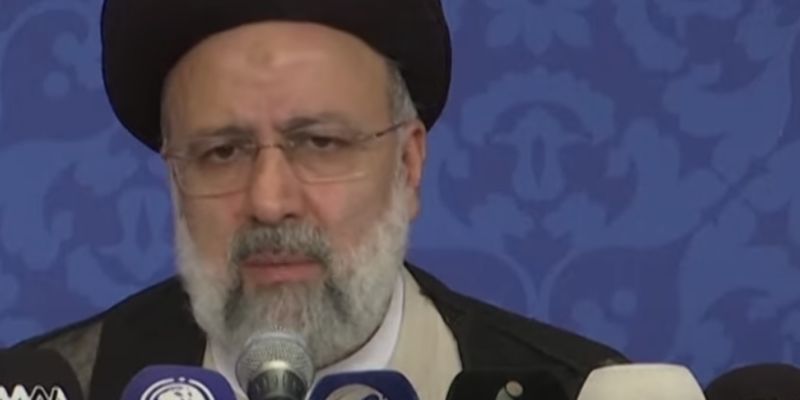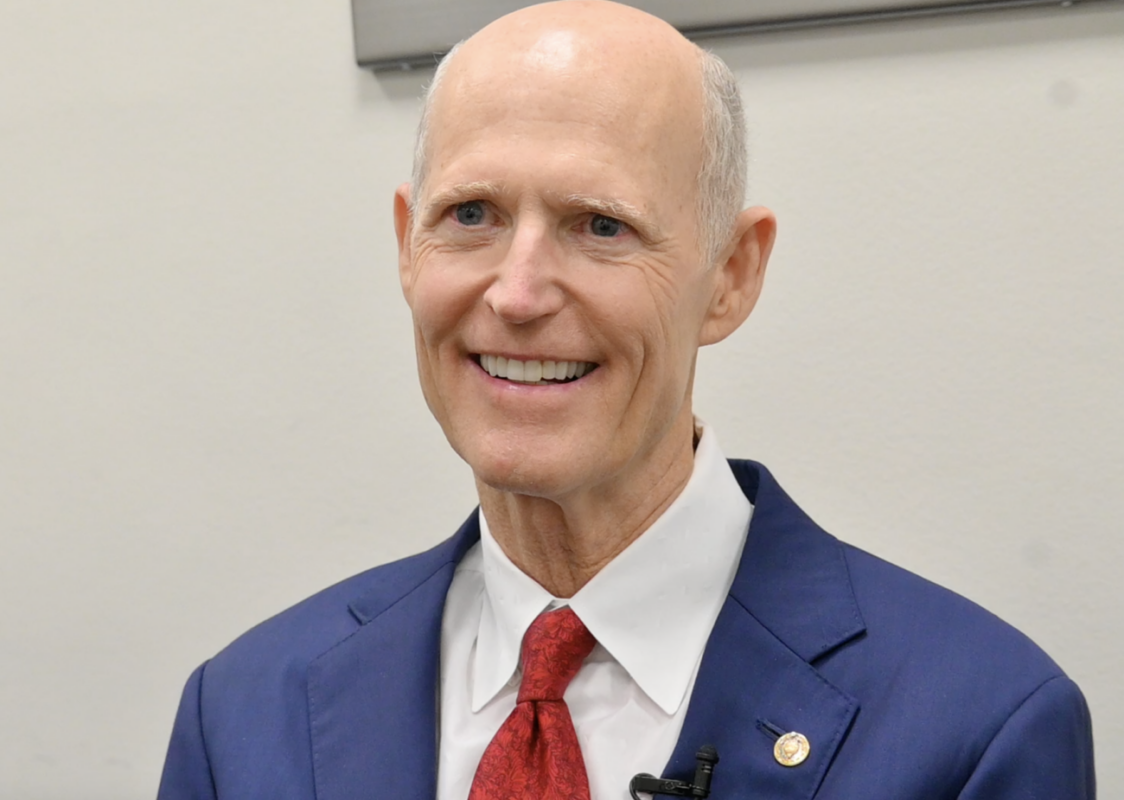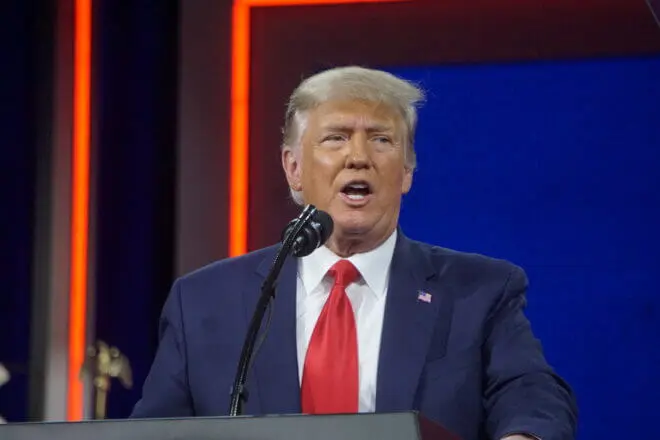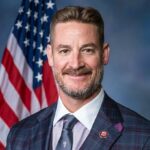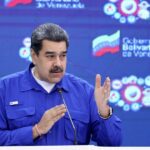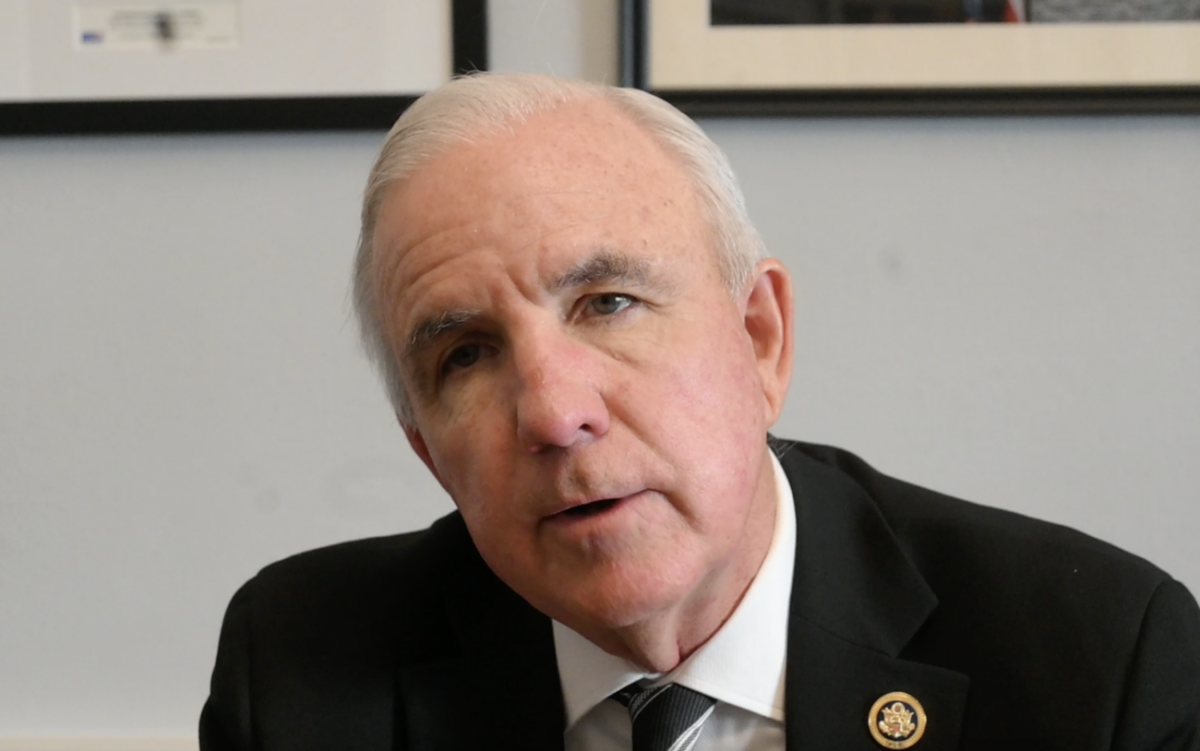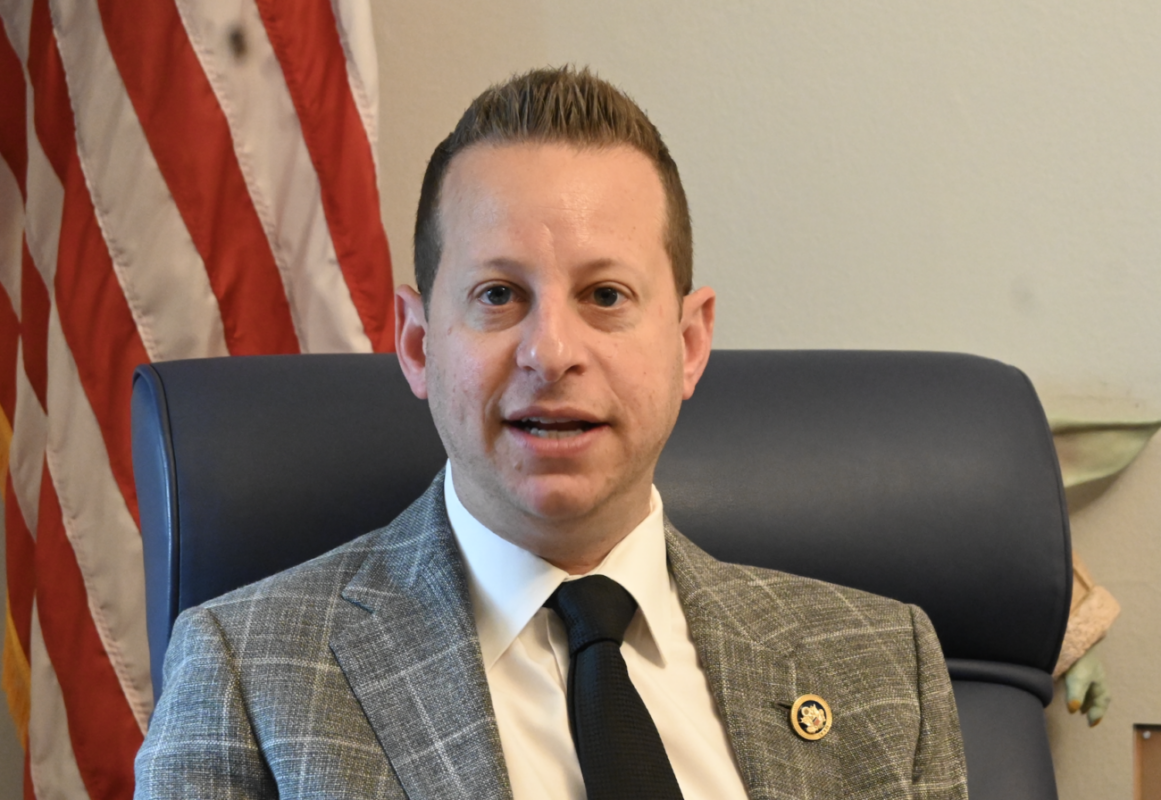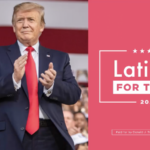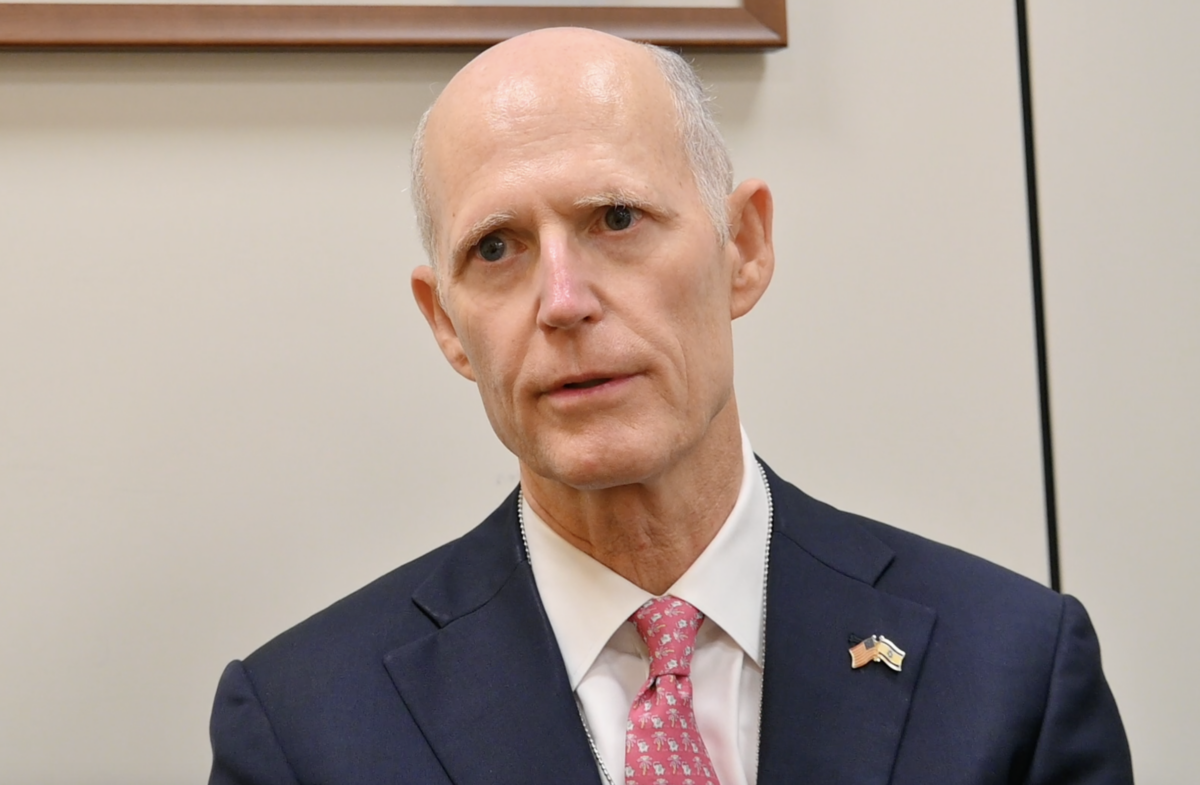Iran’s President-elect Ebrahim Raisi, a hard-line cleric and protégé of Iranian Supreme Leader Ayatollah Ali Khamenei has rebuffed President Joe Biden and The White House in stating that while he looked to salvage the Iran Nuclear Deal former President Donald Trump scrapped, rejected any possible meeting with President Biden.
Raisi won his election the old fashion Iranian way—he cheated.
The state Guardian Council gerrymandered the race for Raisi when they eliminated candidates deemed moderate and reformist and walked away with 62% of the vote.
What does Raisi’s win mean to the U.S., its interests, and its overall foreign policy?
Congressman Brian Mast (R), an injured Combat veteran who served in the Middle East, said that Raisi’s election is “bad for the Middle East and bad for us in the West because Iran and Venezuela are like peas and carrots.”
But just how Iran rigged their elections so that Raisi won, the same outcome has been suspected to have happened, and believed will continue to happen in Venezuela, under Dictator Nicolas Maduro.
Outside of the Progressive “Squad” in the House of Representatives, Republican and Democrat members of Congress appear to be incomplete support for free and fair elections in Venezuela and for the interim government of Juan Guaido.
This week in Washington, Democratic Reps. Debbie Wasserman Schultz and Charlie Crist, met with Ambassador Carlos Vecchio, opposition leader Leopoldo Lopez, Venezuela International Relations Commissioner Julio Borges, and members of Guaido’s interim government, to discuss the current political and humanitarian crisis in Venezuela.

“We are united in our commitment to free and fair elections for the people of Venezuela,” stated Rep. Wasserman Schultz. For his part, Rep. Crist said that he learned from the Venezuelan delegation how the “U.S. can help peacefully end Maduro regime & restore freedom & democracy,”
Senator Rick Scott (R), who also met with the group, was a little more poignant in his remarks towards the Maduro regime.
“Nicolas Maduro is a dictator that is committing genocide in Venezuela,” stated Sen. Scott. “Today, I met with the Venezuelan Delegation of interim President Juan Guaidó to discuss a path forward away from Maduro’s dictatorship and achieve a democratic and peaceful transition of power. All of my efforts will continue to focus on ending Maduro’s regime, protecting human rights, and helping the Venezuelan people achieve freedom and democracy.”
Both Republicans and Democrats agree on something: they want Maduro gone, but while they expressed two contrasting diplomatic styles, both sides can agree that the humanitarian crisis needs to be addressed.
It is estimated that close to 6 million Venezuelans have emigrated due to the deteriorating conditions in-country, where the average person earns around $2 per month working for the public sector. Venezuela has become the largest refugee crisis in the world behind Syria’s. However, total funding per capita for Syrian refugees was more than 10 times that for Venezuelans — at $3,150 compared with $265– based on 2020 figures, according to Brookings Institution.
Deputy Secretary of State, Wendy Sherman, met with Julio Borges during the last leg of the Venezuelan delegation’s five-day Washington DC tour slated to end on Thursday. Deputy Secretary Sherman tweeted: “I met with @JulioBorges to reaffirm U.S. support for efforts to restore democracy in Venezuela and address the humanitarian needs of the Venezuelan people.”
Senator Marco Rubio (R) thanked the Venezuelan interim government delegation for “meeting with me and Senator Menendez to discuss the ongoing situation in their beloved homeland,” Rubio said. “As the situation in Venezuela continues to deteriorate, we must remain vigilant. Maduro has a long track record of manipulating negotiations to his advantage, gaining international legitimacy, and dividing the opposition.”
The Venezuelan delegation of the interim government has embarked on an international tour to present and garner support for the National Salvation Agreement, promoted by Guaido. “We are conducting these efforts because we want to stop deaths in Venezuela, we want to stop human rights violations. We, Venezuelans, are looking for support from the U.S. and Europe to reach a pathway for elections,” said Vecchio.

